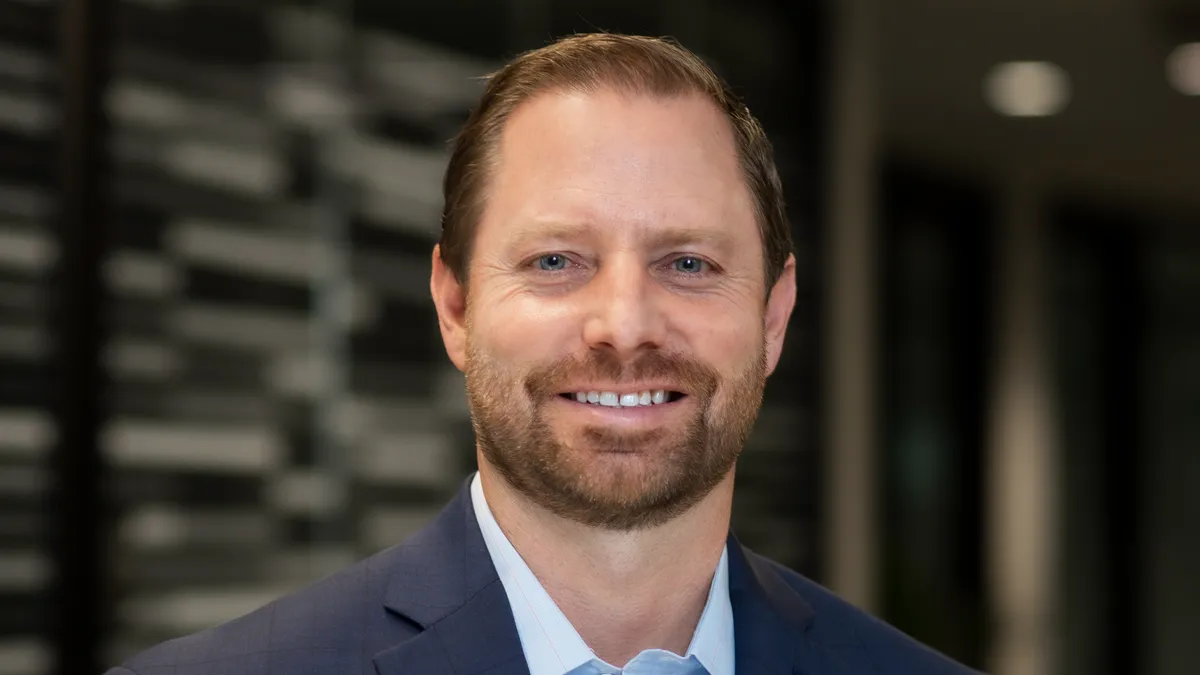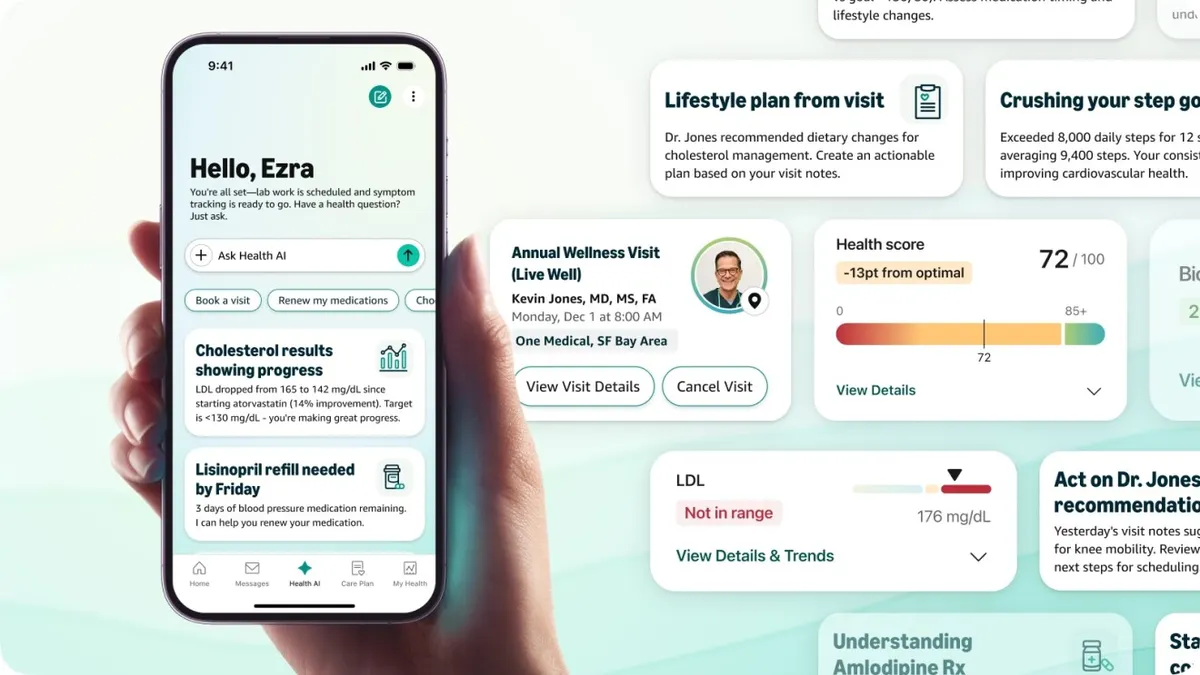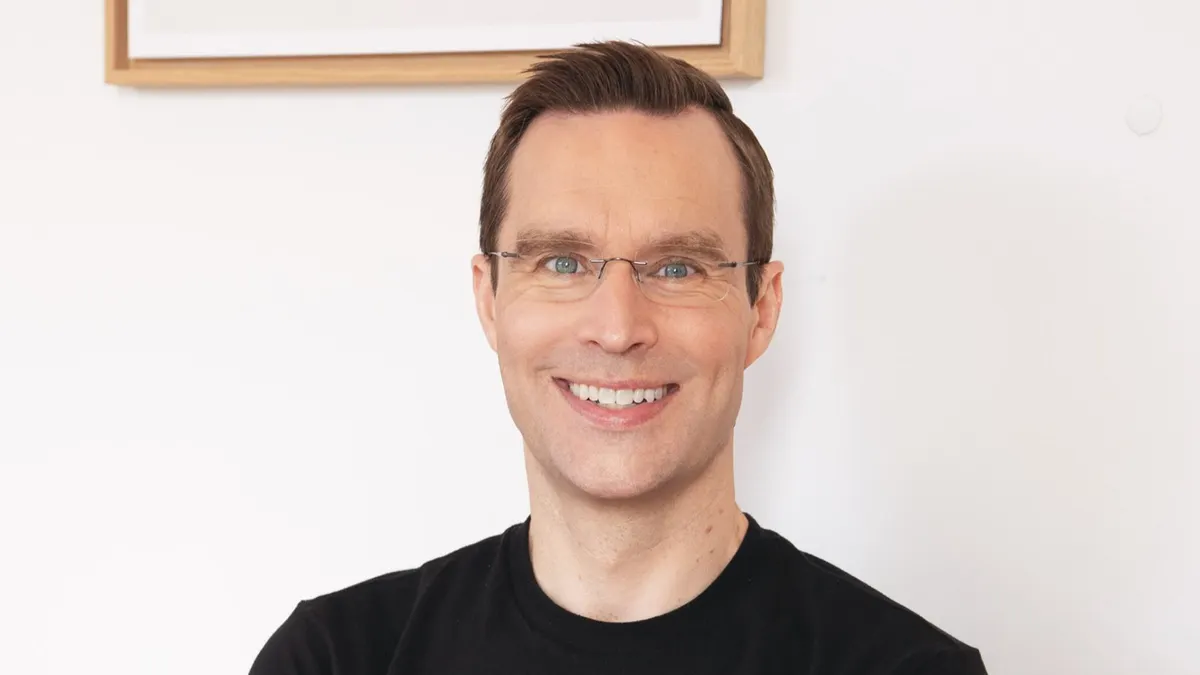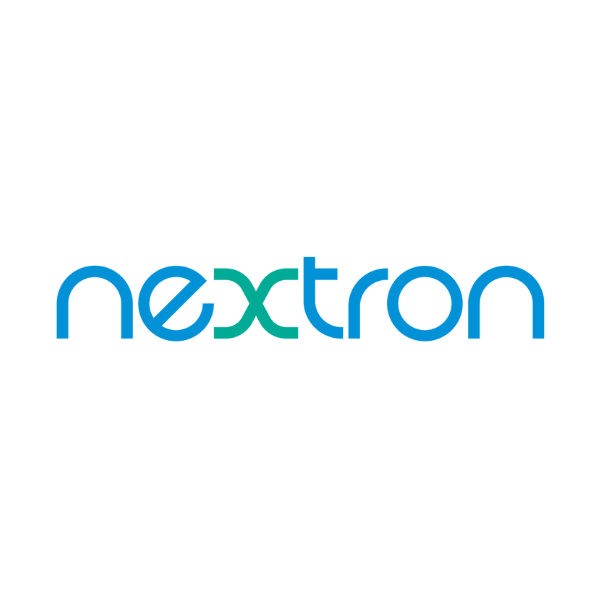iRhythm Technologies has had a challenging 2021, to say the least.
Throughout a Medicare pricing saga, which has lasted nearly the entire year, and two CEO changes, the cardiac monitor maker's stock price was caught in a downward spiral, plummeting from $251 on Jan. 28 to as low as $41.91 on Aug. 19. The year was rather unexpected after the company closed 2020 growing revenues by nearly 24% over the prior year and as the front runner of a market bullishly backed by Wall Street.
However, new iRhythm CEO Quentin Blackford remains optimistic about the company's potential despite the recent turmoil.
"The organization's been through a tremendous amount. But I've known the company for several years, and I always believed in the technology and the platform that was here," Blackford told MedTech Dive. "I think the near-term noise is something that we'll work through, but the underlying technology has never been questioned."
Blackford, who left his position as chief operating officer with continuous glucose monitor maker Dexcom, is taking over amid a pricing back-and-forth with Novitas Solutions and CMS looming over the company's future. Novitas, which sets regional pricing as a Medicare Administrative Contractor, cut rates for long-term cardiac monitoring to $115, about $200 below iRhythm's historical price.
Meanwhile, CMS has passed on setting a national price for the past two years. But the agency may have given a glimpse at where a national rate could end up in the latest Physician Fee Schedule final rule, which led to a nearly 60% jump for iRhythm's shares.
A key priority for Blackford will be working with Novitas and other MACs for near-term pricing, while also negotiating with CMS about eventual national pricing.
"The $115 rate that we're at with the MACs today just isn't the right rate. We've been clear, the rate needs to move over time to get to a fair and reasonable place. That's just not iRhythm, that's the entire industry that's working to do that," Blackford said
This interview has been edited for clarity and brevity.
MEDTECH DIVE: What attracted you to iRhythm, and how did the recent challenges from the reimbursement issues to the CEO changes play into your decision to take the role?
QUENTIN BLACKFORD: The organization's been through a tremendous amount. But I've known the company for several years, and I always believed in the technology and that the platform that was here.
The company is so much more than just a single product. It's really about the platform that's been developed here. Throughout all of the noise that was created in the last nine to 10 months, the platform's never changed. The capability, the true differentiation of the company, has never been impacted through that.
How are discussions going with Novitas Solutions and the other MACs? Do you know when a 2022 rate is going to be set?
BLACKFORD: I'm really encouraged by the fact that they want to learn and they want to understand the technology. The feedback to me is that Novitas sees this very differently than the traditional pathway that's been there historically — it's not the same as the Holter monitor, for example — and I think that's becoming more aware to them. I can't tell you an exact timeframe, obviously, that's in their control. My sense is that they want to move rather quickly around this and get this resolved and lock in a price for 2022.
We've got meetings on the calendar with the MACs in November, where they're going to continue to work through their process. I don't know where they're at, but I think they want to move relatively quickly.
You've said meeting with other MACs is a priority. Is moving away from such a heavy reliance on Novitas a realistic option?
BLACKFORD: It's a better strategy for us, quite honestly, to have relationships built across that entire framework. We have been really focused on Novitas. Coming into the year, that's where the predominant amount of our focus had been. But the better strategic pathway forward is to make sure we have the relationships across the entire spectrum.
After all the pricing fluctuation, Novitas' current Medicare rate settled at $115, which is still well below the over $300 historical price. What is the biggest gap with CMS and the MACs in terms of what the service is providing and how that service should be priced?
BLACKFORD: It really comes down to the value of artificial intelligence and how far technology has moved relative to the traditional pricing models that CMS and the MACs have. When you think about the technology that we're competing against in the marketplace, the traditional Holter-style monitoring capability, that's just older technology. So, CMS has to think differently around how to value these sorts of things. To their credit, they want to get it right, and they understand there's value to it.
I compliment them on the fact that they're doing all the right things to understand it and get it right when they finally establish that national rate. I think that'll be sooner versus later. Who knows, maybe we see a national price in 2023.
Over the past year, the majority of iRhythm's competition has been bought up. How do you feel about larger medtechs like Boston Scientific and Philips now being your competitors?
BLACKFORD: I welcome the big competitors coming into the space. Our advantage is speed, nimbleness, customer service capability and the relationship with the physician. Sometimes, these larger companies can lose their way with respect to those sorts of things. They're bigger organizations and have more capital to be deployed, but there's more process and more bureaucracy that creeps in. It becomes an opportunity for us to really go fast, stay nimble and be the partner to the physician. That's what we're gonna focus on, and I think innovation will be a big part of our future.
Do you see any future deal for iRhythm?
BLACKFORD: Our intent is to build this thing and make it into a global organization that is creating significant value for both the healthcare system and also for our investors. There's tremendous value to stay alone here and build off of the platform that we have. I think we have a real opportunity here that's untapped.
Are Big Tech companies going to be a bigger deal in the medtech space over the next five to 10 years? And will iRhythm work more with tech companies going forward?
BLACKFORD: It's such a massive marketplace, in terms of just being able to better inform around health outcomes, that I do think you're going to see Big Tech continue to play in this particular area. Our intent is to work with all of them, quite frankly. So, we're not subjected to just any one Big Tech company in particular.
I love the fact that we're working with Verily and Google here. I'm really excited by the product that we're working on together to really open up that silent atrial fibrillation space and opportunity, but I don't think that's the only way to open these sorts of things up. We'll continue to take a holistic approach and be open to different considerations.
In the third quarter, the company's net loss grew to about $24 million, compared to about $5 million in the third quarter last year. When do you think the company can become profitable?
BLACKFORD: I'm certainly not going to speak to timelines just yet, with only five weeks into the company. What I will say is that so much of what I see reminds me exactly of what I saw in my early days at NuVasive and then Dexcom. When you look at the way we do our work, like the processes or systems that we use, all of those are the same sort of opportunities to address and really become operationally excellent at the way we run the company.
I think that's been one of my staples, it's one of the things that I love to do. We did it at NuVasive, and we're going to do the same thing here. There's no question the opportunity sits there. It's clear. We just got to get after it.
One of the areas you brought up on the last earnings call is international expansion. What are some specific markets that you see iRhythm focusing on?
BLACKFORD: There's no reason that the value of the technology that's realized in the United States will not be realized in the international markets. We just have to put more focus and make it a priority.
We'll focus on countries like Germany, which has a very large market and generally good reimbursement. The Netherlands and France are other countries we're looking at. France is an interesting one. Historically, it's got lower levels of reimbursement, but they're really focused on digital healthcare right now, which our technology plays incredibly well with. So, a market like that where we can leverage the CE mark is important to us.
Moving beyond Europe, I think Japan is a really fascinating market that we could find our way into, and we'll find a way into in time. The same with Australia, which has a very similar reimbursement system to the U.S. And then I wouldn't want to leave out Canada because I think there's tremendous potential there.
There is a small handful of countries to focus initially on, but we want to set reimbursement appropriately and access the markets appropriately for long-term sustainable growth, not just simply getting quick revenue wins.
One thing Dexcom and the diabetes tech space have been able to do is approach CGMs or insulin pumps more like a consumer product rather than a traditional medical device. Is that same opportunity there with heart monitors?
BLACKFORD: I think there absolutely is that pathway in the future. If you start to think about the silent AFib space or predictive AFib or other arrhythmias you can monitor through our device, it becomes really interesting for folks who would want to put a monitor on and learn everything they can. There's a pathway in the future from a product perspective where you can put this on the shelf of a drugstore and have it put on the masses of patients that want to understand a little bit more about their health.
I do think there's an intersection of medical devices and consumerism that comes together with iRhythm.





















